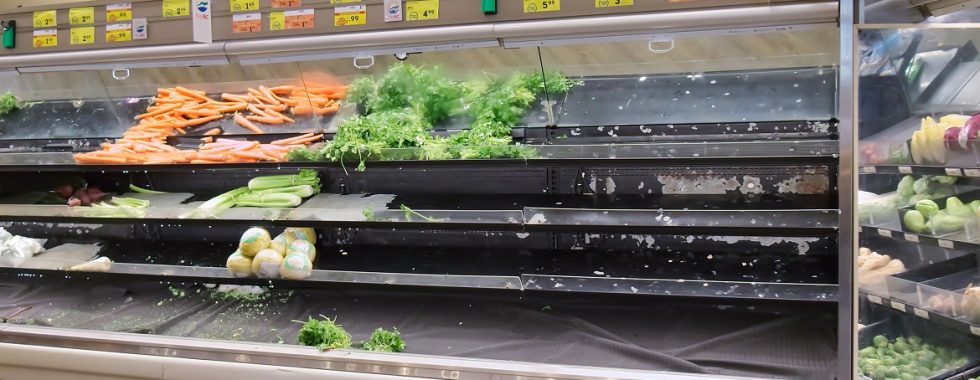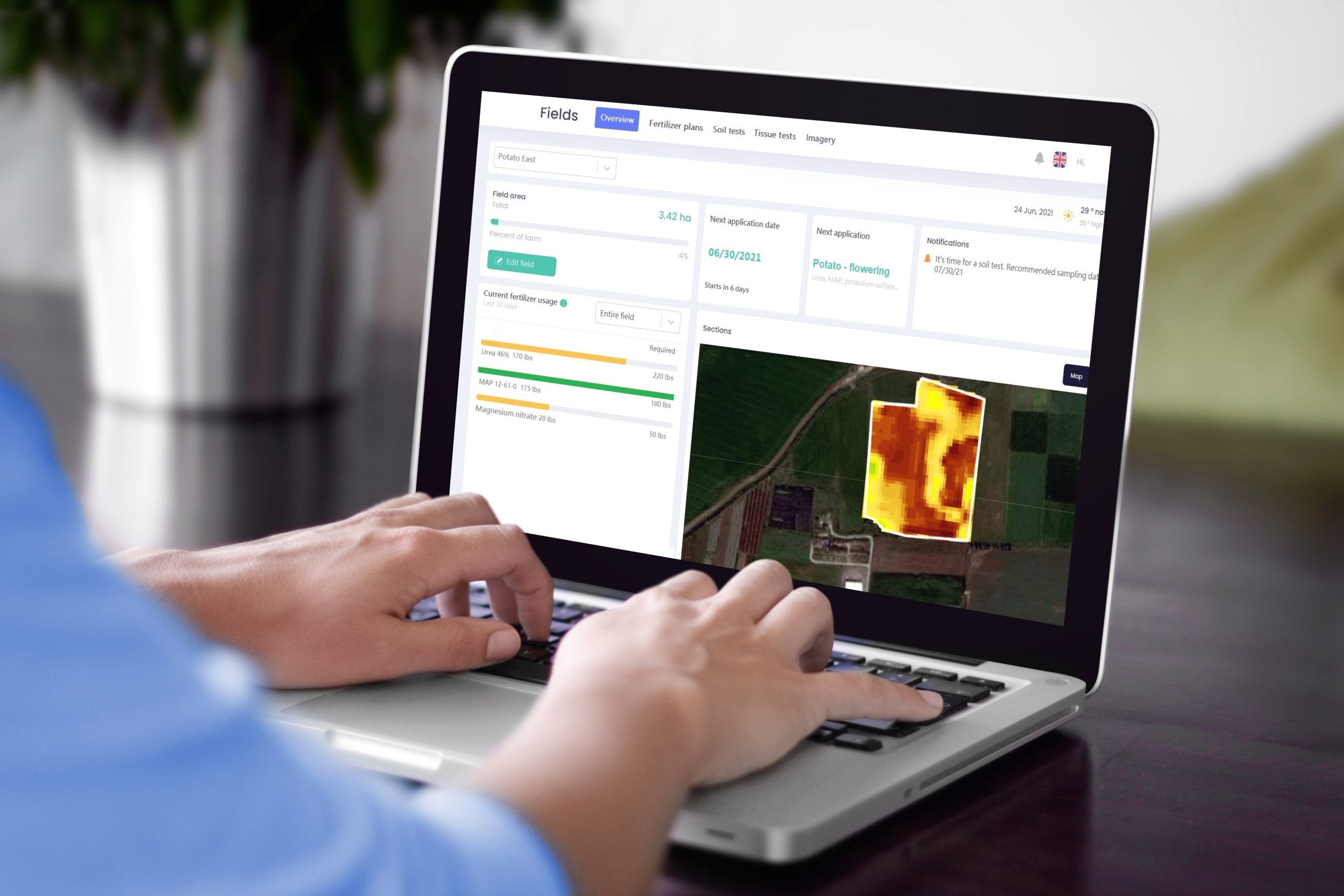Building resilience in the food supply chain
Resilience in the food supply chain is a key driver for the healthy futures of plants and people. Climate change is leading to increasingly frequent and extreme whether events. Such events can cause damage to agricultural systems, which leads to an increased risk of food shortages, pest and disease outbreaks. The effects of climate change on pests, diseases and food security are felt on every level of the food supply chain.
Resilience in the food supply chain is a key driver for the healthy futures of plants and people
Food supply chain resilience is a key driver for the healthy futures of plants and people. Why? You may have heard that food security is one of the United Nations Sustainable Development Goals. Well, it’s true! Food security is one of 17 sustainable development goals of the UN, with targets to be reached by 2030. That means that we have to figure out ways to make sure that everyone in the world has access to nutritious food. All while protecting our environment and making sure we can produce enough food for everyone in the future. Therefore, the way to do this is by building resilient supply chains.
The pressures on the food system
Food production is a complex, dynamic system. The pressures on the food system are numerous and growing, including climate change, pests and diseases, consistency in production, yield loss and more. In addition to these environmental factors, there are also economic concerns: Price volatility for farmers; large amounts of waste; lack of access to financial resources for small-scale producers; and increased demand from consumers for organic and natural products. These issues all contribute to the existing challenge of feeding 9 billion people by 2050 while conserving resources such as land and water.
Industry organizations, researchers and individuals that study the resilience of food supply chains are working together to ensure that there are innovative, sustainable solutions for agriculture around the world.
These solutions can help farmers and agronomists better manage the complexity of modern agriculture to increase yield, profitability, and sustainability.
Climate change drive the need to build resilience in the food supply chain
Climate change is a global problem that requires global solutions. The food supply chain is no exception: it’s an increasingly complex and collaborative system, which makes resilience more important than ever.
Climate change is increasing the frequency and intensity of extreme weather events. These can damage agricultural systems, which in turn can lead to food shortages, pest outbreaks, disease and other issues that affect the entire food supply chain. Climate change affects pests, diseases, and food security on every level of the food supply chain—from farmers to consumers – so businesses should be aware of how they can help mitigate these risks in their operations.
Climate change is having an impact on the food supply chain in many ways, including:
- Warmer temperatures can reduce crop yields, which means less food available to consumers at affordable prices. This can lead to greater hunger and malnutrition that could eventually progress into famine or starvation if not addressed quickly enough.
- Heat waves cause livestock diseases like anthrax and foot-and-mouth disease (FMD). These diseases pose a threat to humans if they aren’t contained properly before they reach urban centres where people live closely together. They also create economic losses for farmers due to loss of livestock carcasses as well as costs associated with treatment measures like vaccination programs or culling operations after outbreaks occur.”
The effects of climate change on pests, diseases and food security are felt on every level of the food supply chain.
The impact of climate change on pests and diseases
Pest and disease outbreaks can have serious economic impacts by reducing yields or forcing farmers out of business entirely. As temperatures rise, pests and diseases thrive and move to new geographies. As temperatures rise, the survival rate of pathogens increases – making them even harder than usual to detect in time, because they spread quickly.
Pesticide residues in food products
Pesticide residues can have a significant impact on the resilience of food supply chains. The use of pesticides is an important part of protecting crops from pests and diseases. While there are many benefits to using pesticides, there are also many health risks.
To help protect consumers from these risks, many countries have set maximum residue limits (MRLs) for pesticides used on foods sold within their borders. An MRL specifies how much pesticide residue can be present in a product before it is considered unsafe for human consumption or animal feed purposes.
Regulatory bodies continuously evaluate the risk of different pesticides and update regulations accordingly. For example, many pesticides were banned in the recent years by the European Union. While banning harmful pesticides has a positive impact on human health and the environment, it might increased production costs and yield losses.
Pest and disease resistance
When pests (insect pests, diseases, and weeds) survive the application of pesticides, they may develop resistance to the pesticide. Pesticide resistance occurs when pests become immune to pesticides, making them more difficult to control. This can lead to a heightened risk of crop loss and reduced yields. Furthermore, when pesticides become less effective, farmers tend to use more toxic pesticides, more frequently.
Find out how yieldsApp, a powerful AI-based agronomic platform, can help growers and agronomists better manage the complexity of modern agriculture to increase yield, profitability and sustainability.
If you’re a grower or agronomist, it’s time to learn more about the yieldsApp platform. This AI-based platform helps you make better decisions, improve yields, and increase profitability. It provides predictive insights and precise recommendations for pest, disease ,and soil health management. With yieldsApp’s advanced machine learning algorithms, you manage pests, diseases, and weeds before they become an issue in your crops.
yieldsApp provides food and beverage companies, governments, extension services and NGOs customized a customized platform, enabling them to build resilience throughout their supply chain. In addition, the platform provides more transparency and traceability, and helps agribusinesses achieve their sustainability goals.



